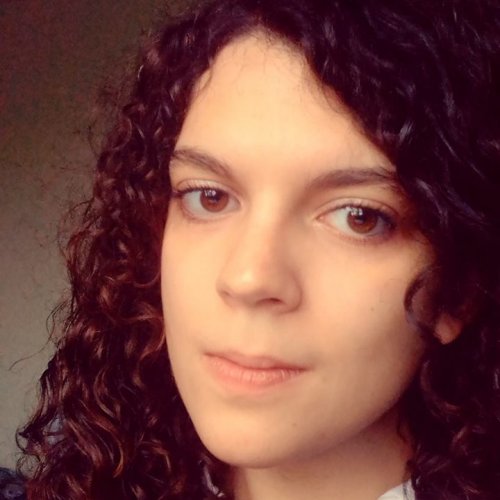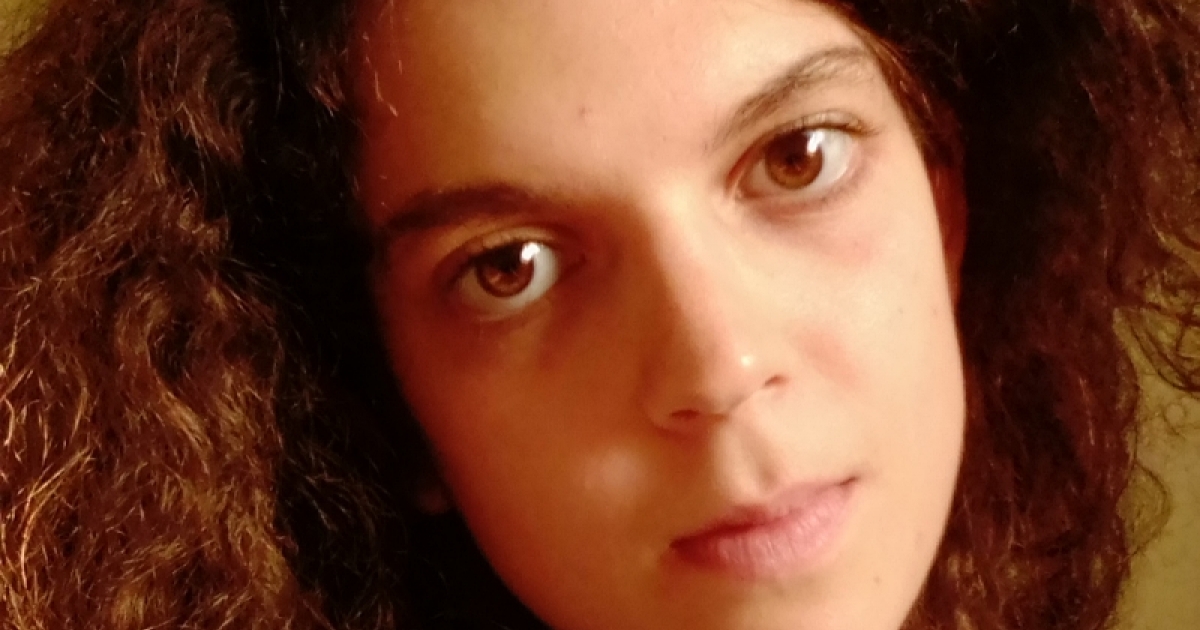“Having Good Mentors for Young People Is Crucial”
Justine Mazonier was born in Vichy, France. During her school years, she learned saxophone and participated in different big bands. At 18 years old, she moved to Grenoble, France, where she graduated from the Faculty of Law and the Faculty of Languages holding two degrees with honours in Law, Administration and International policy and languages (English, Arabic and Russian). During this training, she worked also for the Cold War History Research Center in Budapest where she worked as a researcher and translator. She participated then in an exchange program between the Faculty of Law in Grenoble and the Peoples’ Friendship University of Russia in Moscow where she obtained a Master’s degree with honours in International Protection of Human Rights.
Q: Tell us a few things about your country, and also your life's story!
A: I was born in France, in the city of Vichy, a city sadly famous for its history during the Second World War. I moved afterwards in Grenoble where I pursued two Bachelor's degrees in Public Law and in English and Arabic. I meanwhile followed a training in Russian. I always dreamed to go and study in Russia and I achieved to be enrolled in a Master's program in International Public Law in RUDN.
Being not completely satisfied with the limits of International Law and Institutions, I wanted to learn more about military strategy and I am currently pursuing a Master's degree in this field in Saint Petersburg. I am currently writing a research work on the strategic consequences of the development of the Iranian missile program in the Middle East. My goal is to contribute to international security through a strong technical, strategic and legal knowledge. Living abroad for several years, I feel a lot of attachment for my country of adoption, Russia although my roots remain in France. Both countries are amazingly beautiful and surprising!
Q: What is your view of the world as it is today? And how do you define the concept of a better world?
A: In the field where I am currently studying, it is visible that states adopted a very individualistic vision of their own security and interests. However, this lack of holistic interpretation of security issues brings them on the verge of crisis which was not perceived as conceivable a few years ago. Nuclear confrontation risk is growing without giving enough alarm in public opinion. Moreover, the security system is increasingly dependent on other issues brought by the interconnectivity of the world such as environmental issues and humanitarian crisis. These security and military challenges can be overcome through state security cooperation and not realist confrontation.
Q: What are some of the key challenges in your society?
A: In France, the main challenge is the building of a real social contract between the population and the government and the creation of a more communitarian spirit, breaking the individualist and the fragmentation of the social links between individuals. Russian society faces other challenges. Owing to the infection by the Dutch disease, other economic sectors are underdeveloped, leading to the unequal share of resources among members of society. Environmental and legal problems are also challenging Russian society.
Q: As a young individual what are a few of the hurdles that you had to overcome up until today?
A: I had very challenging moments when I pursued these two Bachelor's degrees in France. I remember during the first year of my study when I had to move six or seven times while I was pursuing these very demanding studies. The goal during the following years was to be able to last physically and psychologically while my health was degrading. I finally achieved to obtain my degrees with honours. Living abroad has never been a problem for me, and I was happy to go to Moscow. However, I had to tackle with the living conditions that the Russian government proposes to its students. I had harsh and very good moments there. I am now living with Russians and I consider them as members of my family. I am glad to say that I won here new brothers and sisters ![]()
Q: Why is the role of a mentor important for you?
A: I have always had mentors in my life, in music for example. I see them as experts who can show through their experience, sensitiveness and commitment the best path for their mentees. Having good mentors for young people is crucial not to lose their potential.
Q: Do you have a lesson that life has taught you and you would like to share?
A: I think that our intentions are extremely powerful in our environment. By controlling and targeting our mind and intentions, it is possible to see changes in our environment and not to be led by inherent negativity and fears.
Q: Name a project, a foundation or a person in your country that you think is doing great work in helping improve other people's lives!
A: The Pugwash organization is working everywhere in the world to decrease armament and to ban nuclear weapons. They represent an organisation truly orientated towards peace objectives.
Q: What are some of the challenges that women in your country face and what efforts are made towards gender equality?
A: It would be interesting in France to finally pay women as much as their male counterparts for example. In France, feminism exists in theory but in practice, a lot of discrimination is still occurring in the professional and private lives. All the efforts should be concentrated on the changing of the people's minds and habits, and should not rely only on the actions of the State.
Q: Athena40 is the first ever global selection of the top 40 women forward thinkers, commentators, activists, authors, academics, entrepreneurs, executives, innovators. Can you think of a truly innovative and forward-thinking woman from your country that you wish to nominate for the Athena40 global list?
A: Virginie Delalande is one of the best examples of perseverance and courage.
Q: Share with us a phrase, a poem or a story that you love or you find interesting!
A: Here is one of my favourite quotes from Mihail Bulgakov (his life history is also very interesting):
“But would you kindly ponder this question: What would your good do if evil didn't exist, and what would the earth look like if all the shadows disappeared? After all, shadows are cast by things and people. Here is the shadow of my sword. But shadows also come from trees and living beings. Do you want to strip the earth of all trees and living things just because of your fantasy of enjoying naked light? You're stupid.”
Q: Tell us one thing that you have learned from your mentor.
A: Andrew Macleod is very helpful in practical and in bigger issues. His positive attitude, courage and his life example are the best encouragement for me. Thank you Andrew! ![]()



